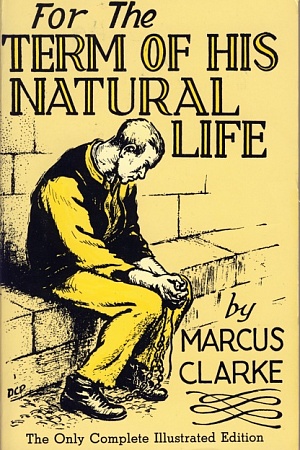Books in a land of paradox
The Chief Justice of New Zealand opened his recent judgment on the attempts to suppress the book Spycatcher by Peter Wright with the comment that it was ‘probably the most litigated book in all of history’. That may be correct; although I suspect that the Bible may yet have a slight edge.
The Bible was probably the first book carried from the ships of the First Fleet when they anchored in Sydney Cove in January 1788. From reading the catalogue which accompanies this exhibition, I get the impression that the Rev. Richard Johnson – sent to this country by an organisation with the engaging name of the Eclectic Society – was rather like those annoying people who nowadays clamber aboard a jumbo jet struggling remorselessly on with the entirety of their worldly possessions. Johnson was just such a man. He carried with him no less than 100 Bibles, 350 New Testaments, 500 Psalters, 100 Prayer Books and 200 Catechisms – all made available to him by the Society for Promoting Christian Knowledge. Amongst his most precious possessions were twelve copies of Bishop Thomas Wilson’s An Essay towards an Instruction for the Indians. Sadly, guns and hangings all too soon quickly replaced words and books in the relationship between the newcomers and the indigenous inhabitants of the Great South Land.
Continue reading for only $10 per month. Subscribe and gain full access to Australian Book Review. Already a subscriber? Sign in. If you need assistance, feel free to contact us.















Leave a comment
If you are an ABR subscriber, you will need to sign in to post a comment.
If you have forgotten your sign in details, or if you receive an error message when trying to submit your comment, please email your comment (and the name of the article to which it relates) to ABR Comments. We will review your comment and, subject to approval, we will post it under your name.
Please note that all comments must be approved by ABR and comply with our Terms & Conditions.